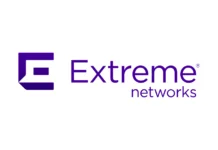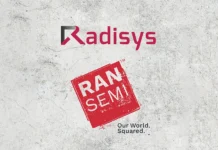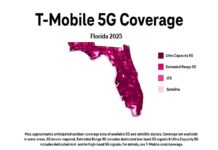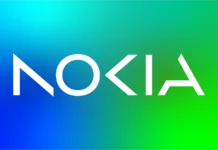Thai think tank warns 15-MHz bandwidth cap will reduce competition in 3G auction, but regulator claims it’s all about position.
15 companies have picked up application forms to take part in Thailand’s forthcoming 3G auction and more could follow before the entry deadline passes, but revised contest rules mean the three biggest players in the market are likely to share the spoils.
According to a report in the Bangkok Post on Monday, the Thailand Development Research Institute (TDRI) has expressed concern over changes made to the auction rules regarding the maximum amount of spectrum a single company may bid for. Specifically the body fears that the auction will not engender sufficient competition between the big three – AIS, DTAC and True – and therefore will not raise as much as it could have for state coffers.
Regulatory body The National Broadcasting and Telecommunications Commission (NBTC) last month reduced the maximum amount of spectrum that any one company can acquire to 15 MHz from 20 MHz. With a total of 45 MHz of spectrum in the 2.1 GHz band up for grabs, the big three could each expect to win a chunk of spectrum without having to work hard to outbid each other.
The NBTC made the decision in order to protect prices of 3G services for end-users, arguing that high spectrum costs for operators would be passed on to consumers. The TDRI, however, counters that 3G service tariffs will be high anyway, noting that demand will be strong and whatever the cost of spectrum, operators will look to maximise profits.
The regulator believes that the competitive element of the auction will come in stage two, in which spectrum winners will compete for position on the available bandwidth. It will be up to the bidders themselves to determine which slot they prefer, the prime concern being to minimise the amount of interference on their spectrum block.
According to the Bangkok Post, the slots next to state-owned operator TOT – which already offers 3G services on 1965 MHz-1980 MHz in the uplink and 2155 MHz-2170 MHz in the downlink – are likely to be the most popular.
Â






















